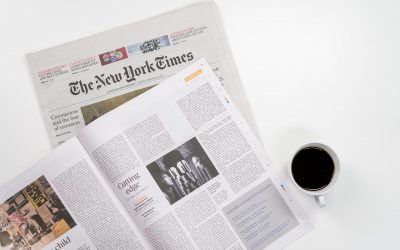Media plays a vital role in shaping public awareness and providing information that shapes attitudes and opinions. The media has become a powerful tool, whether it is TV, radio, or the internet. As a society, what should the media’s role be, and what purpose does it serve?
The three broad roles of the media are to inform, entertain and educate. However, a fourth role is often overlooked, and that is the role of the media in fuelling culture wars.
There are two ways in which the media can fuel culture wars. The first way is by giving a platform to fringe groups and extremists, and the second way is by framing stories in a way that polarises people.
The media has a responsibility to inform the public about important issues, but it should also be mindful of how it reports on them. It is essential that the media presents both sides of the story and that it does not unnecessarily polarise people.
With the UK’s vote to leave the European Union and the election of Donald Trump as president of the United States, the role of the media in fuelling culture wars has come under scrutiny. Some argue that the UK media played a significant role in stoking fears about immigration and drumming up support for Brexit. Over the pond, the US media is also primarily to blame for Trump’s election victory.
How social media is exacerbating the culture wars problem
Social media is rapidly expanding its influence on every aspect of our lives.
Social media platforms were not built to incite culture wars. However, they have become a powerful tool for doing just that. People had to rely on traditional media outlets to get their news in the past. Now, people can get their news from social media, which often leads to confirmation bias.
People are more likely to share content that aligns with their views. This leads to people being exposed to more of the same content, which only reinforces their beliefs. As a result, social media is exacerbating the culture wars problem.
Social media has been widely credited with helping to start and spread various social movements in recent years. In some cases, such as the Arab Spring, social media has been used to help people communicate and organise when traditional media is unavailable or restricted. In other cases, such as the Black Lives Matter movement, social media has been used to raise awareness of an issue and connect people with similar views.
However, there is also a downside to social media’s role in culture wars. Social media can be used to spread hate and bigotry and harass and intimidate people who hold different views. This can result in increased division and polarisation rather than understanding and compromise.
What do you think? Do you agree that the media plays a significant role in fuelling culture wars?






Leave a Reply